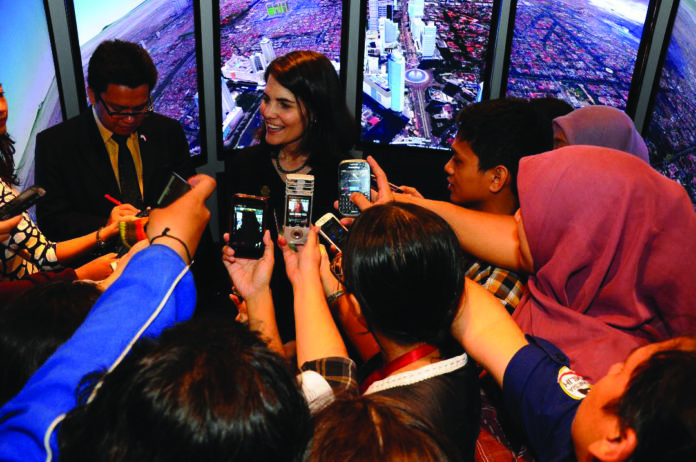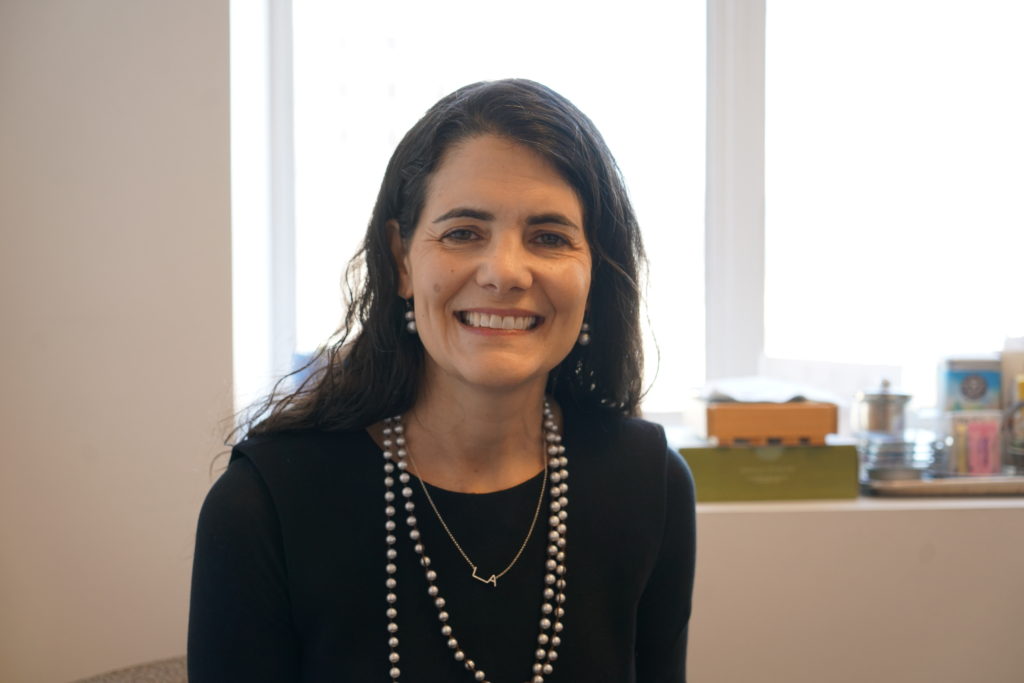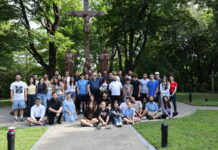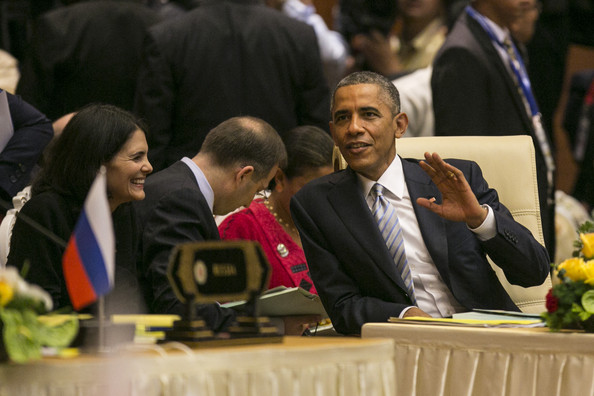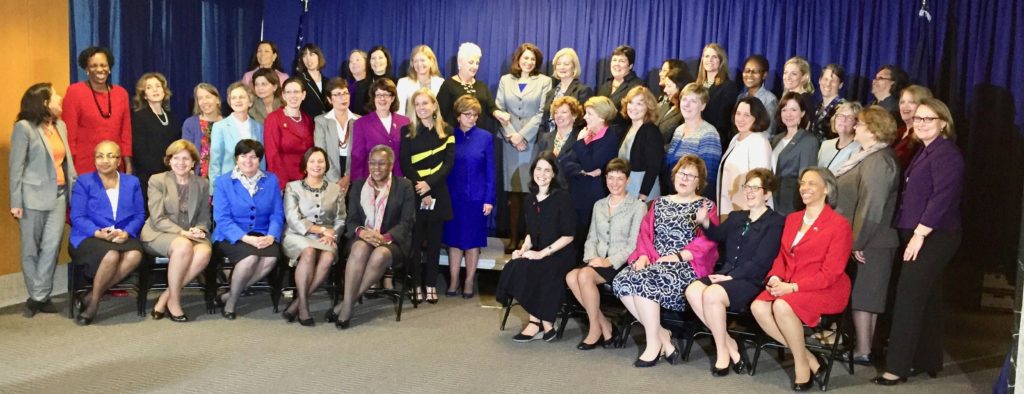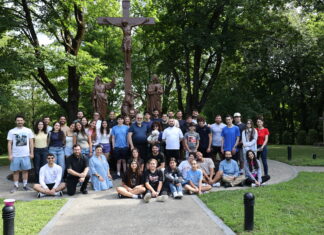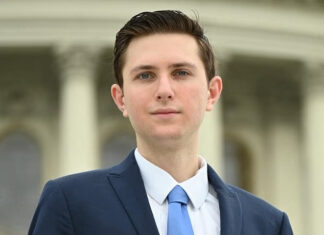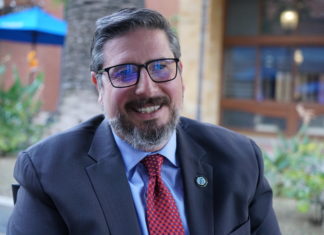LOS ANGELES – Nina Lusine Hachigian is not only one of a handful of US ambassadors of Armenian ancestry, but also a trailblazer in Los Angeles municipal history as the first deputy mayor of international affairs.
She was appointed to this new position by Los Angeles Mayor Eric Garcetti in August 2017 and began work the next month. Hachigian said, “To me, it is a very logical position for a city like Los Angeles that is very global in nature. We have huge diaspora populations here, the fourth busiest airport [of the world], and the largest port in the Western hemisphere [by cargo], and our citizens are interacting on a daily basis with entities and individuals in other countries.” Los Angeles consequently has one of the largest consular corps in the world, with over 100 members if career and honorary consuls are included.
Hachigian was moving back to Los Angeles after a posting in Jakarta, Indonesia, under the Obama administration, and had not decided what she was going to do next. She said she had known Garcetti for a long time, as he was her representative while he was on the Los Angeles City Council. She had involved him in some of her work while she held positions in think tanks. So when she returned, she wrote a note asking whether he needed anything, and his staff ended up creating this position. She ventured that Garcetti already was thinking about taking such a step and she happened to come around at the right time.
Hachigian immediately hired her team, including people who worked in the White House, State Department, Pentagon, Department of Commerce and the US Trade Representative’s office, and others who had worked for the city. She clearly enjoys her work, and exclaimed: “It has been absolutely fantastic. It is a great position and I love it very much.” Comparing her new position to that of an ambassador, she said, “in some ways it is not that different from thinking about foreign policy at a national level in the sense that it is still interacting with my foreign counterparts and trying to figure out what we can do together.”
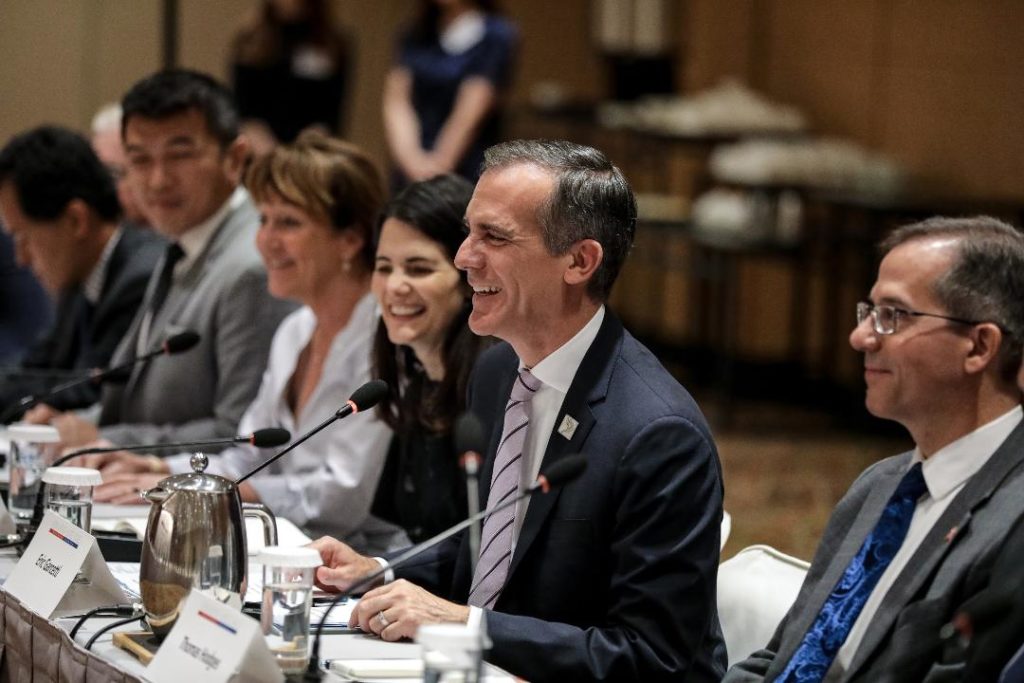
LA in the World
There are three main areas of focus: trade and investment; protocol and policy concerning international relations; and the 2028 Olympics and Paralympics. Hachigian helps businesses in Los Angeles export and tries to attract foreign investment. Her office collaborates closely with the mayor’s Office of Economic Development on this.



